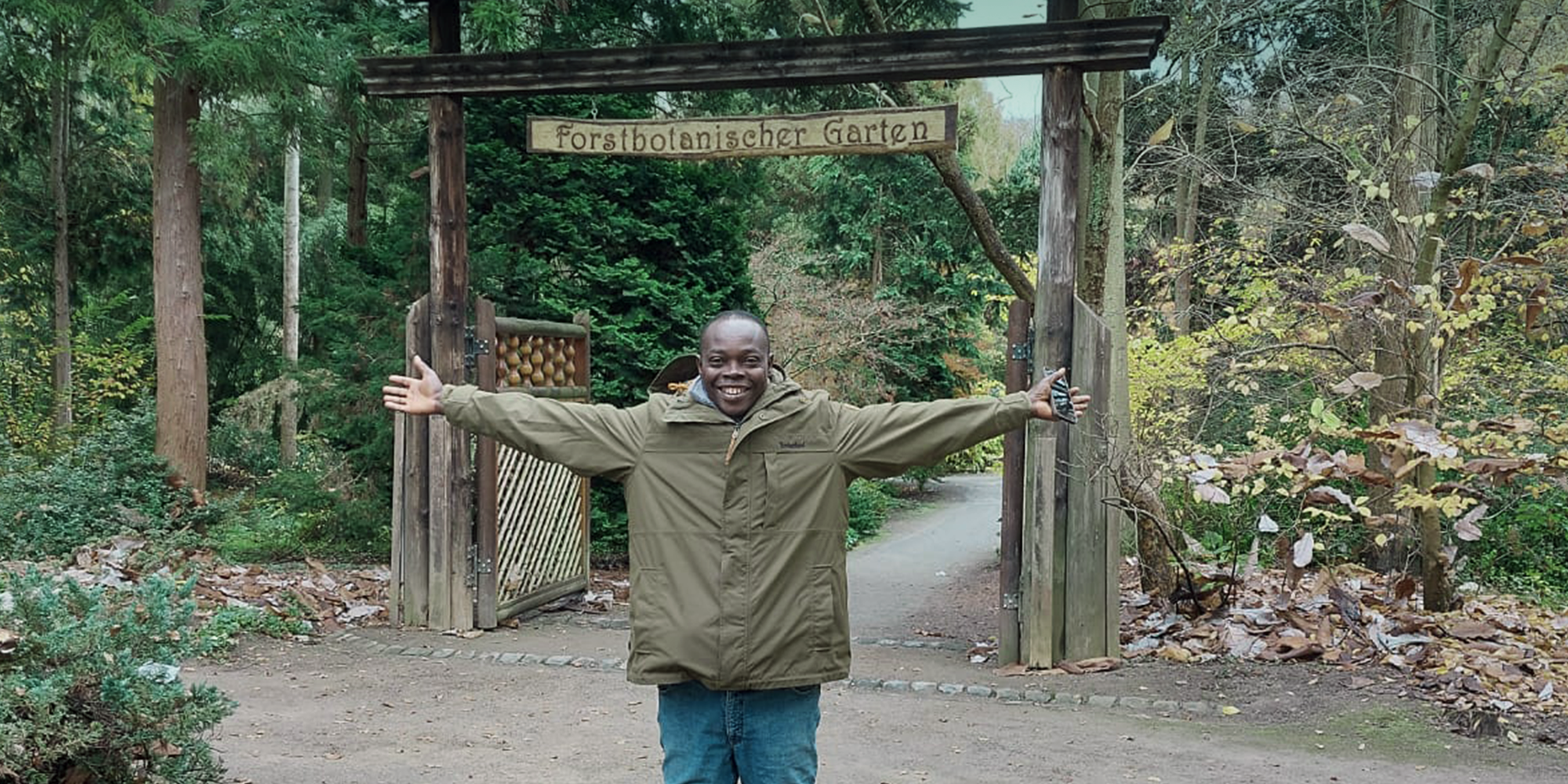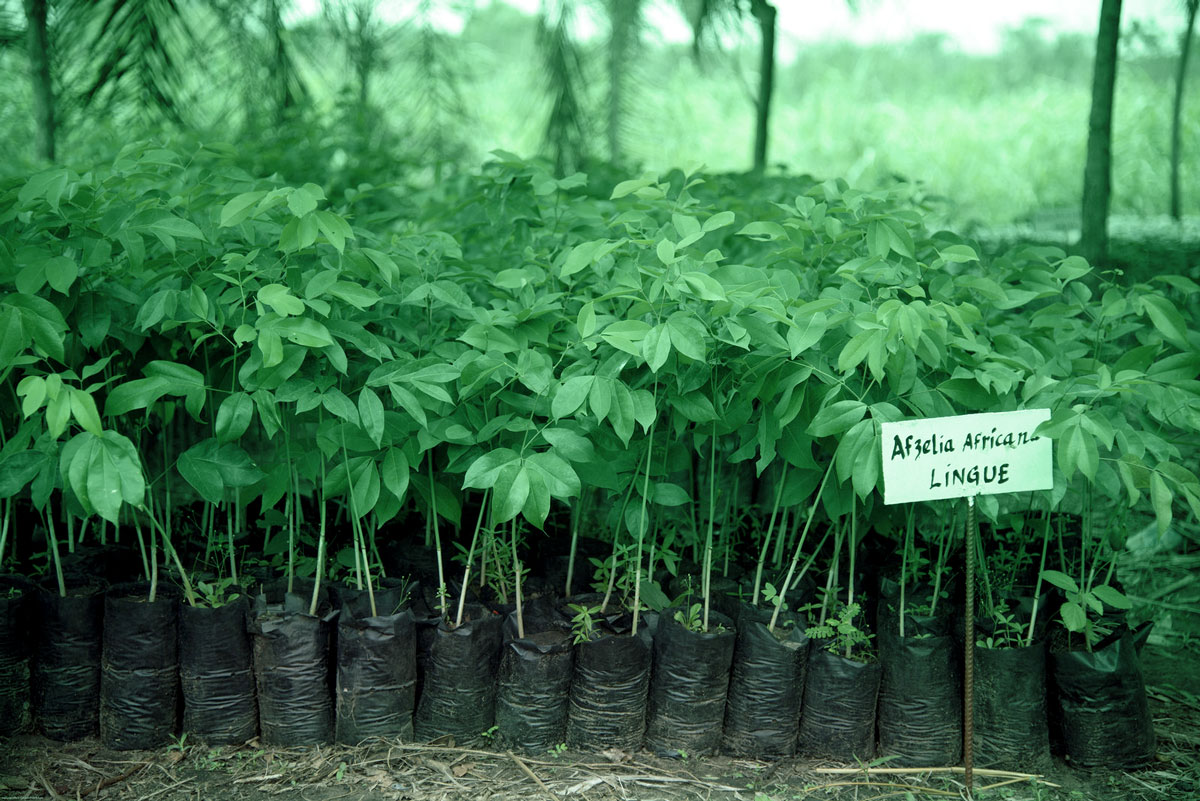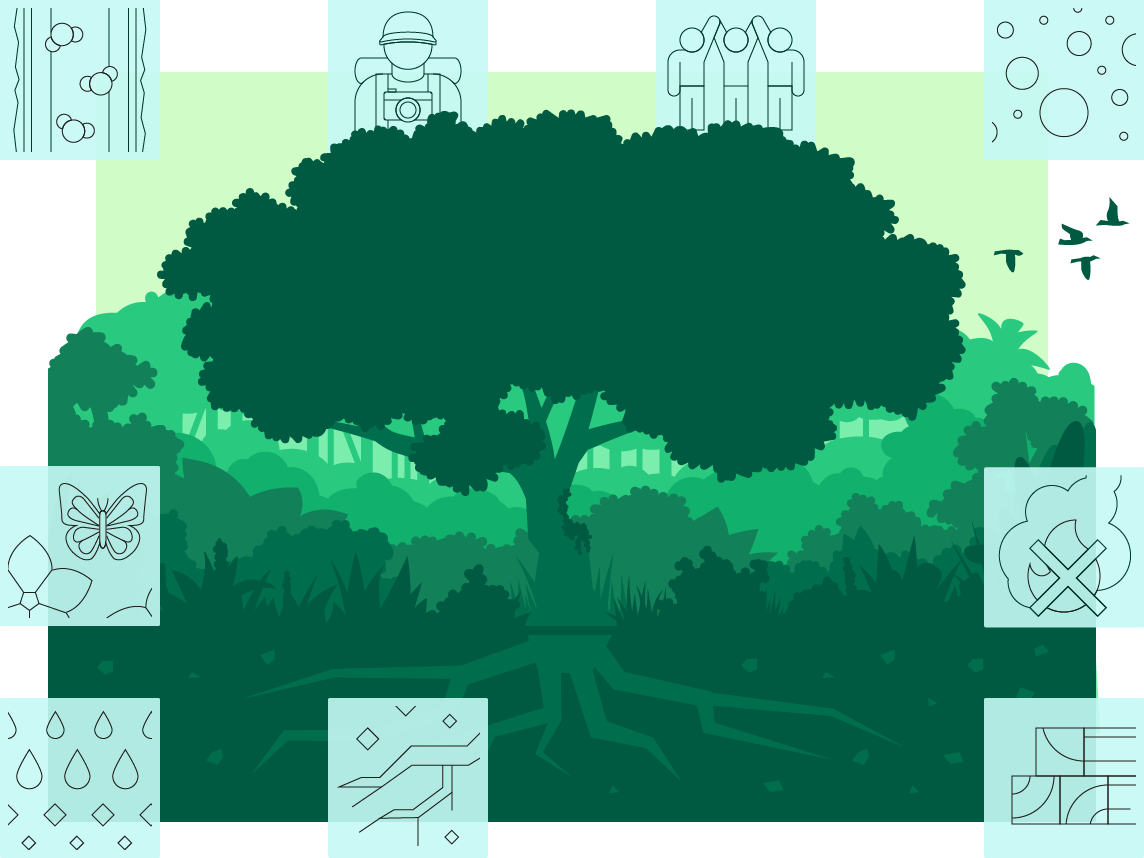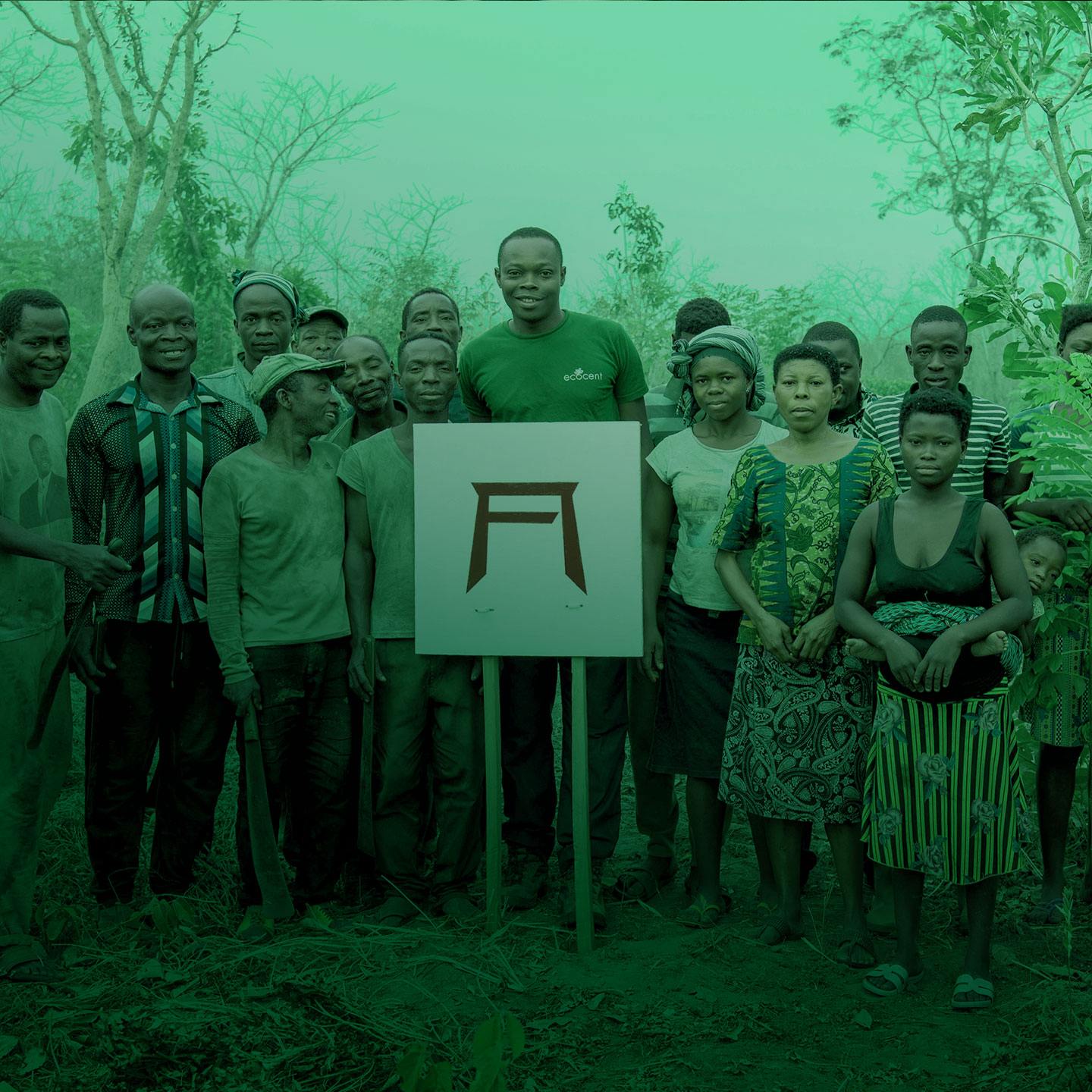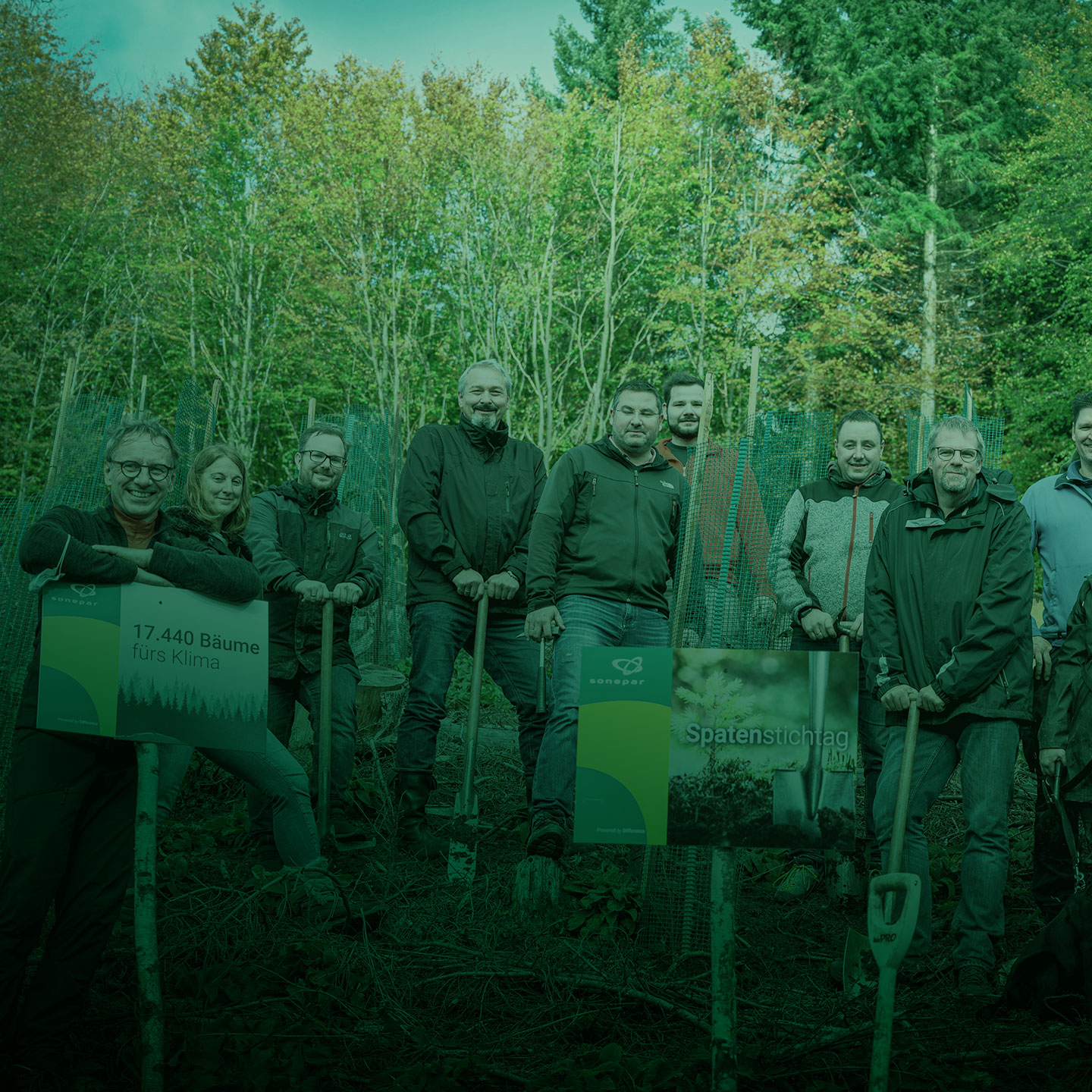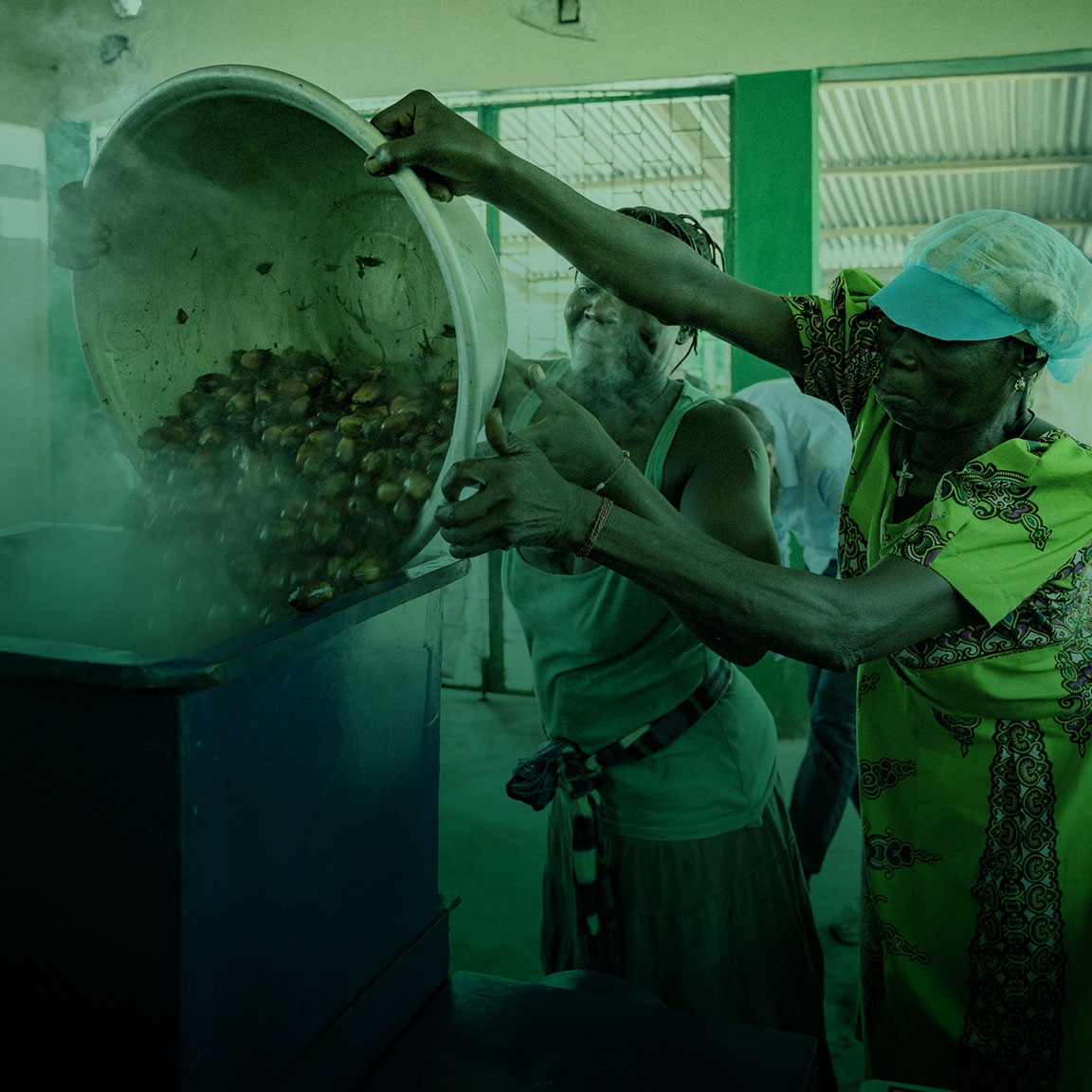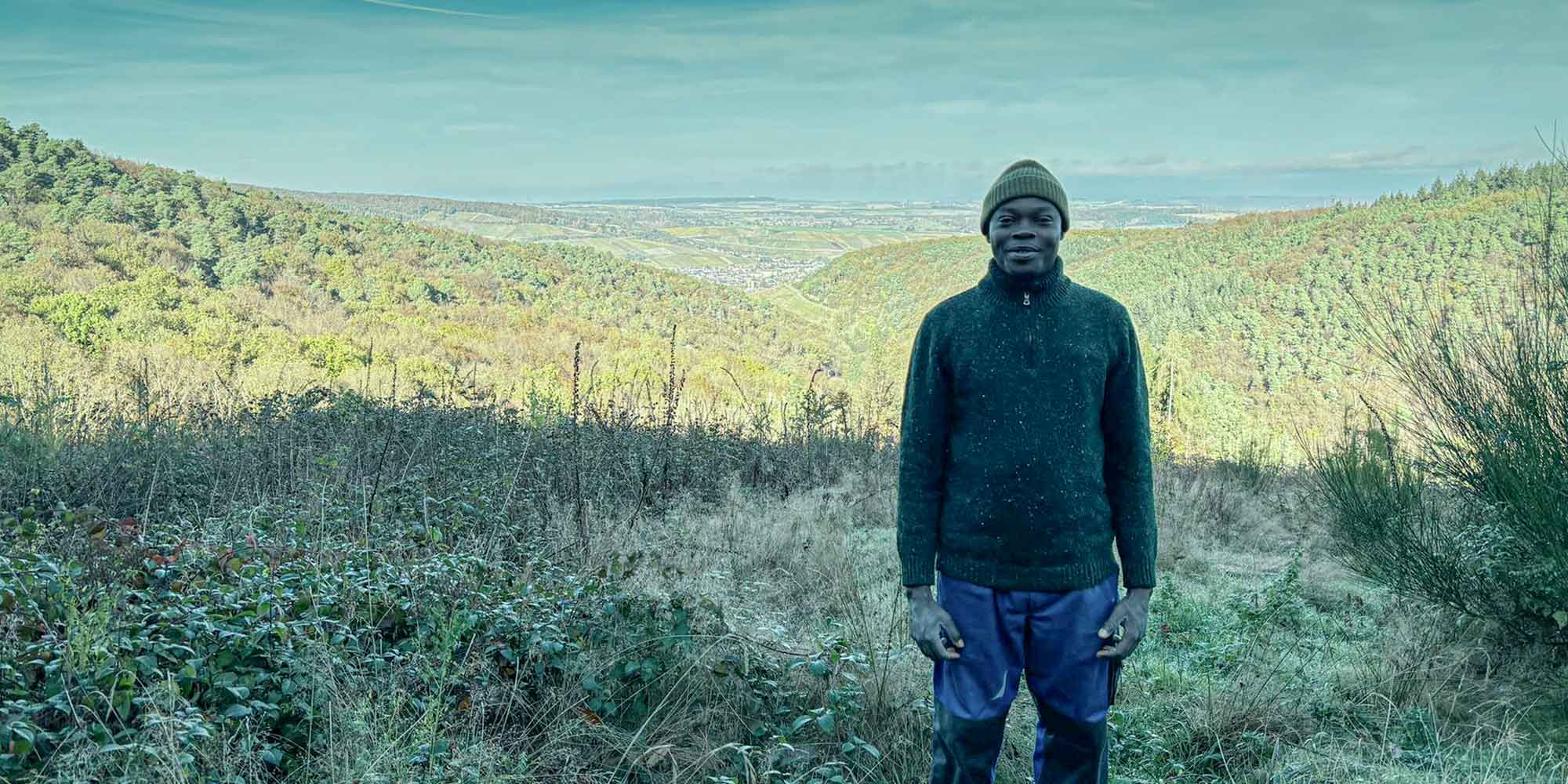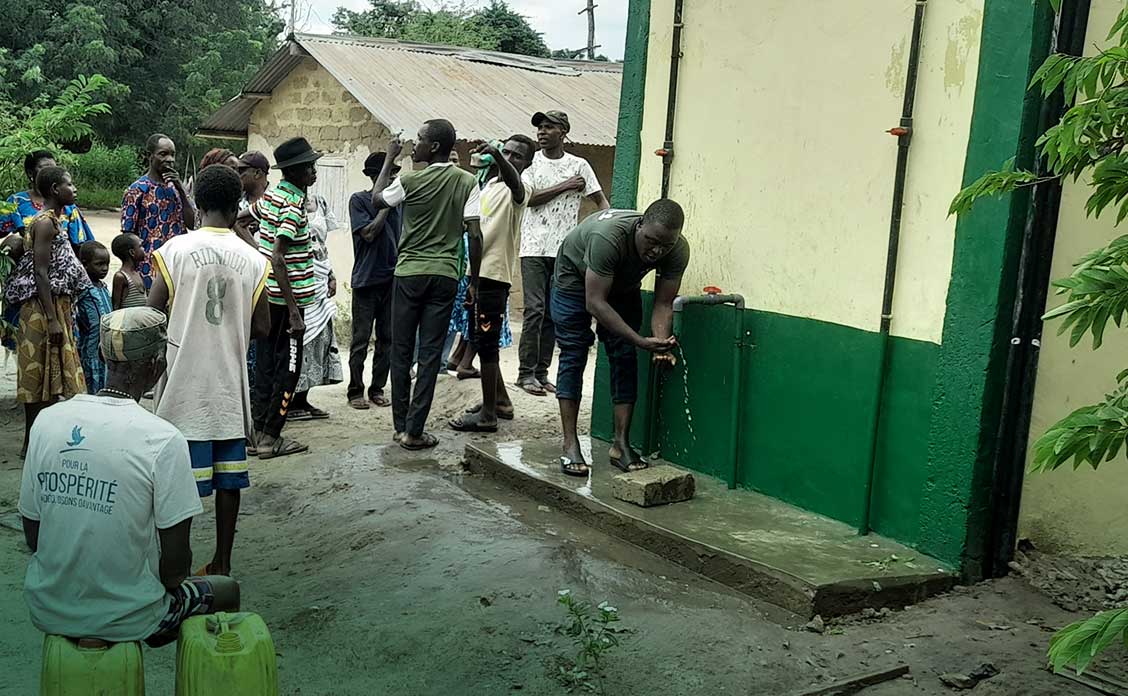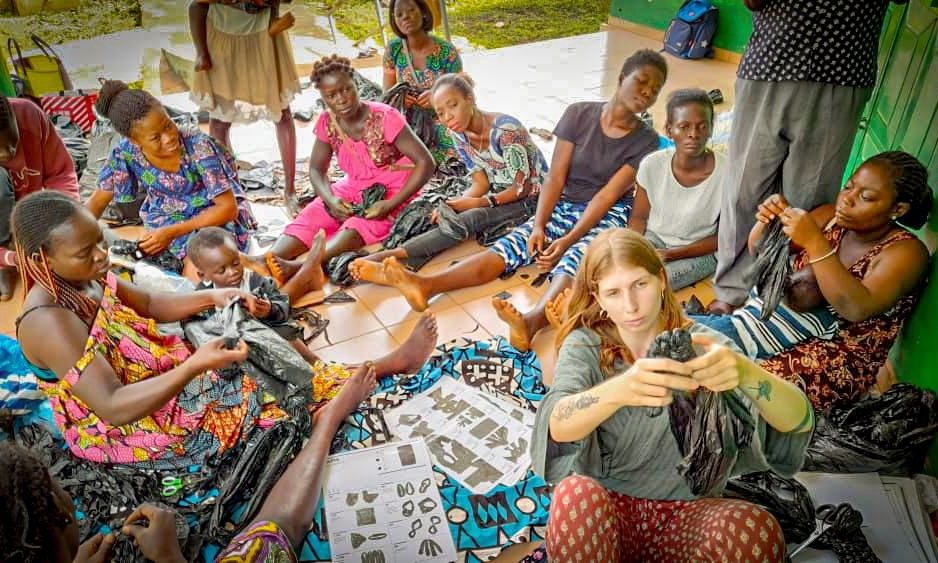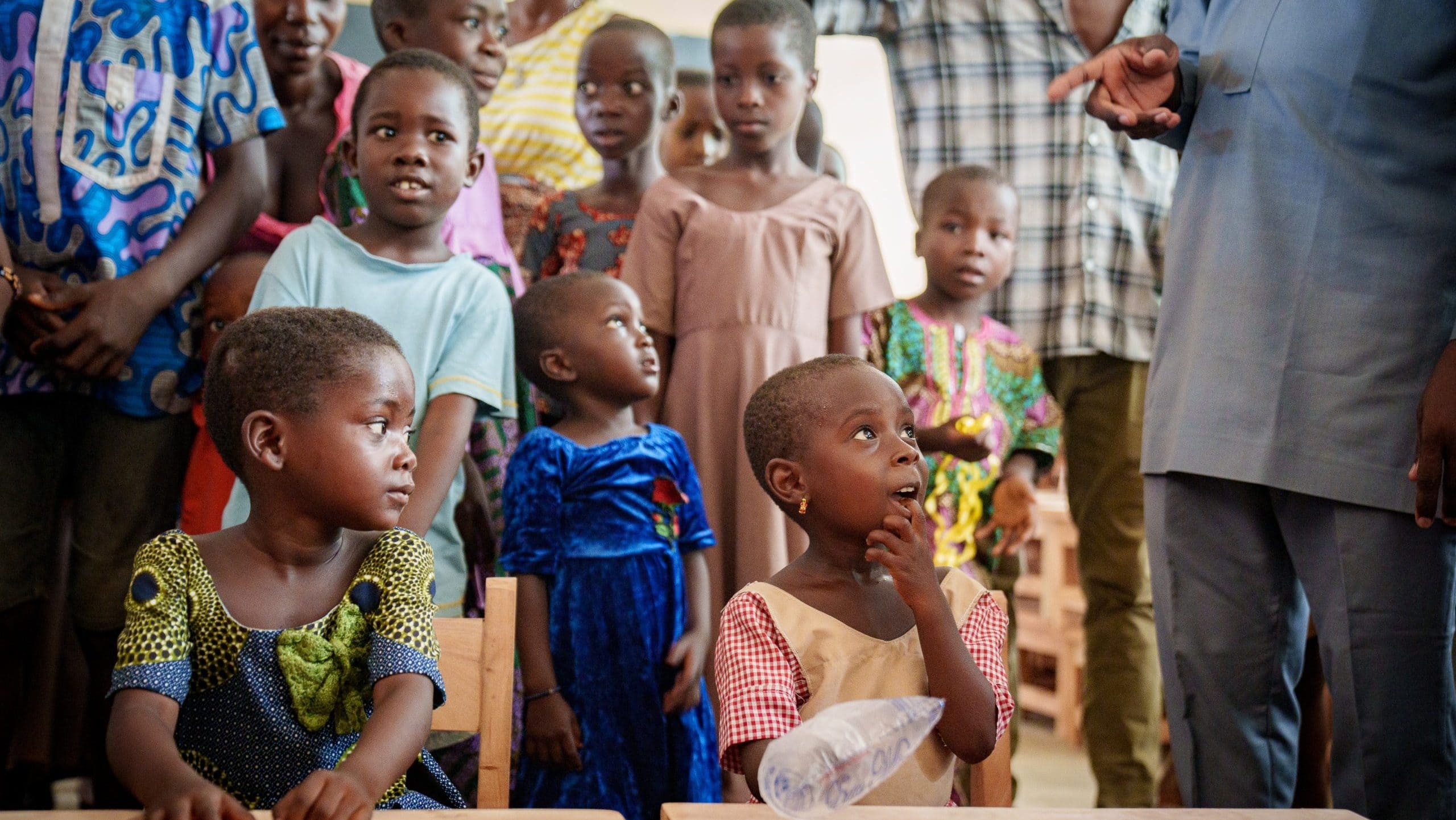In contrast to most climate protection projects, where the income from CO2 certificates usually only improves the project's return on investment, PROJECT TOGO is financed 100% from the income from the sale of CO2 certificates. This is because the project has no additional income, e.g. from the use of wood (natural forest).
Due to the constantly increasing certification costs, we have decided to withdraw from the Gold Standard because, firstly, we can invest the money saved in this way more efficiently in the expansion of the project and in social projects and, secondly, the surveys and reactions of customers have shown that certification according to the Gold Standard is not appropriate.
We are convinced that the Gold Standard cannot be used as a quality criterion, as it is often limited to the fulfillment of a minimum when assessing the criteria. Only a direct examination of the individual implementation helps to identify high-quality projects.
However, we will continue to have PROJECT TOGO audited by external experts and preferably work together with technical colleges and universities in order to promote and support the basic idea of know-how, i.e. the transfer of knowledge to emerging countries.
Existing and expiring CO2 certificates are stored in a publicly accessible database and can be viewed.
